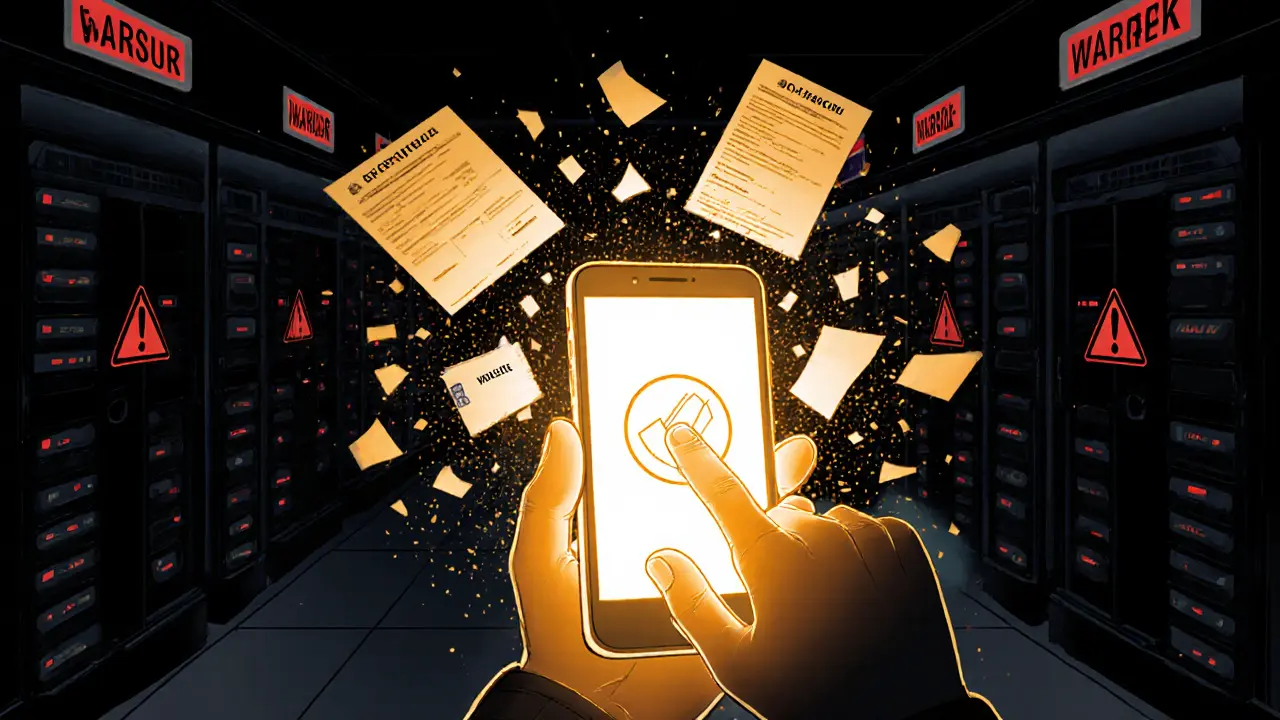Decentralized Identity: What It Is and How It Changes Crypto Privacy
When you log into a website, you’re usually giving away your name, email, and sometimes even your phone number to a company that may sell it or get hacked. Decentralized identity, a system where you own and control your digital identity using blockchain technology. Also known as self-sovereign identity, it lets you prove who you are without handing over your data to middlemen. This isn’t theory—it’s already being used in crypto to verify participation in airdrops, access DeFi platforms, and sign into apps without passwords.
Traditional logins rely on centralized databases—think Google or Facebook accounts. If those get breached, your identity gets stolen. Decentralized identity flips that. Instead of storing your info on a server, it’s locked in a digital wallet you control. You generate a unique DID, or decentralized identifier, which acts like your crypto passport. You don’t send your birthdate or SSN—you send a cryptographically signed proof that you’re who you say you are. No one else holds the key. That’s why projects like Evmos blockchain and MultiversX are testing it for secure, private user onboarding.
Real-world use? Think of an airdrop like the Radio Caca or SoccerHub distributions. Instead of requiring you to link your Twitter or Discord (which exposes your identity), a decentralized identity lets you prove you held a specific NFT or staked a token—all without revealing your real name. That’s privacy by design. And it’s not just for airdrops. It’s the backbone of future Web3 apps that want to know you’re real without knowing your address, phone, or email.
But here’s the catch: most users still don’t get it. Scammers love fake platforms like EvmoSwap or SheepDex because they pretend to be secure while stealing your keys. A real decentralized identity system doesn’t need you to trust a website—it needs you to trust your own wallet. That’s why learning how to manage your DID is as important as learning how to store your crypto. The tools exist. The standards are growing. And the people who use it won’t get phished the way everyone else does.
Below, you’ll find real reviews and breakdowns of platforms that are testing decentralized identity, from exchanges that skip KYC to airdrops that reward privacy. Some are legit. Some are scams. But all of them are trying to answer the same question: Can you own your identity in crypto—and if so, how?


